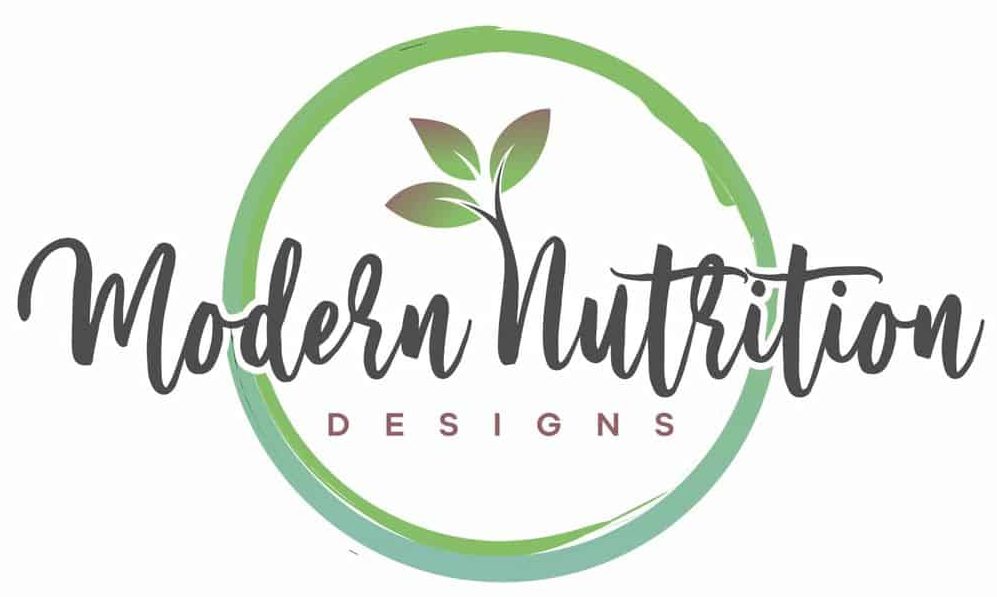There is a lot of misguided information in nutrition that slowly works its way into our general knowledge. Some of it can seem harmless but the truth is that these beliefs can seriously undermine our health and happiness. I’ve done some extensive research on the plant-based, vegan diet to weed out the facts from the fiction.
1. We are carnivores, we are supposed to eat meat
FALSE! There is very compelling evidence against this claim. Dr. Milton Mills does a great job of comparing the major physiological aspects between humans and predatory species such as lions and other cats in his presentation titled Are we Carnivores? You can click on the link to watch the full video, but it is about an hour and 25 minutes so I’ll include some of the highlights below to save some time.
Teeth
Our teeth are inconsistent with those of carnivorous animals. We have flat teeth that are used for cutting and grinding organic plant matter. Unlike a lion’s teeth, for instance, that reveal large canines and sharp edges that can easily rip through animal flesh while chasing the creature down simultaneously.
Jaws
In addition to our teeth, our jaws give us the ability to chew not only up and down but also side to side in an effort to roll our food into a bolus (or round mass of food). During this process, we have specific enzymes that carnivores do not possess to break down plant material. Amylase is an enzyme we use to break down starch.
Carnivores do not have the ability to chew side to side, only up and down. There is no need for them to roll their food into a bolus for further digestion to take place in the mouth because the bulk of their enzymatic digestion takes place in the stomach.
Stomach
Carnivores have much more acidic stomachs than we do with enzymes that will break down hard animal parts such as bones and tendons. We have stomachs that are much less acidic and we do not possess the specific enzymes required to break down animal material.
Intestines
Humans have extremely long intestines which are required for long and slow absorption of various micronutrients found in plants. We also require longer colons for our diverse microbiome.
Carnivores, on the other hand, do not possess long intestinal tracts because animal carcasses become toxic while moving along the intestines. This is an area that causes a number of issues for humans, as animal flesh is harmful to our systems because it is not removed from our bodies in a timely fashion.
Overall, our species has evolved to tolerate digesting meat, but it is not meant to be our main source of fuel. We were perfectly designed to thrive on plant foods, which I will elaborate on further in an upcoming post. Stay tuned!
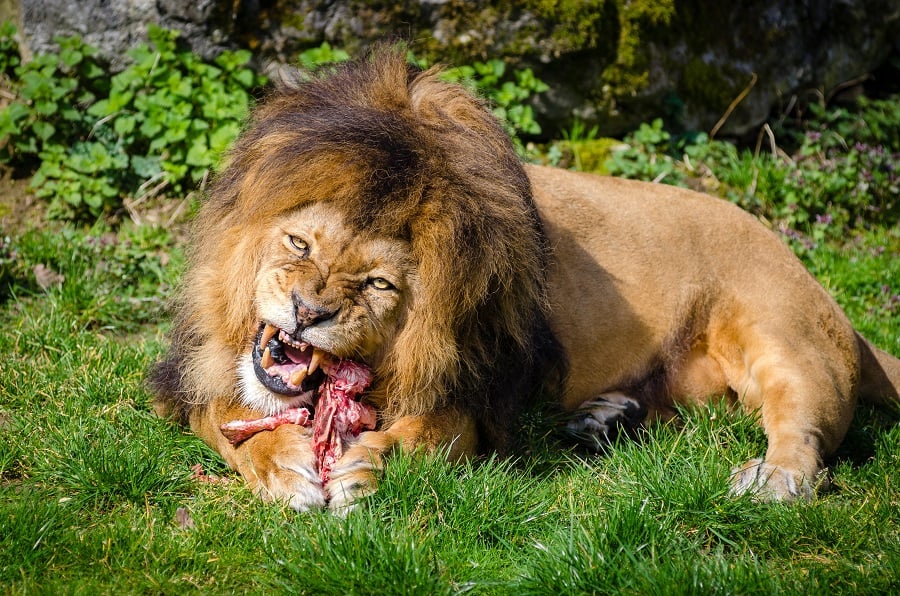
2. Meat is necessary for iron
FALSE! Meat provides a nutrient called heme iron which is actually more harmful than regular dietary iron. Although we do need sufficient amounts of this mineral, too much can cause oxidative stress and damage our tissues.
Heme iron is more readily absorbed by our bodies than regular iron. This is not a good thing, however, due to the large amount of heme iron in meats.
Plant foods provide a slow uptake of iron by the body. Great sources of iron from plant foods include the following:
- soybeans
- lentils
- chickpeas
- lima beans
- quinoa
- brown rice
- oatmeal
- swiss chard
- collard greens
- pumpkin seeds
- pine nuts
- pistachios
- sunflower seeds
- cashews
3. We need cow’s milk to thrive
FALSE! Similar to the consumption of meat, our species learned that we can survive off of milk during desperate times of famine and starvation. It provides hydration and a decent amount of calories. Two things that are utterly essential for our continued survival.
In our modern world, most of us will never experience famine or near starvation. Thus, it is much more beneficial to get our calories from more nutritious sources. Milk is by no means necessary for adequate human nutrition.
Animal milks are not only lacking in nutrients but also have many harmful components. For an in-depth review on this particular topic visit my article titled Is it Really Healthy or Safe to feed Your Baby Cow’s Milk?
Some great plant-based sources of calcium are:
- spinach
- collards
- kale
- chia seeds
- almonds
- amaranth
- soybeans
- lentils
- navy beans
- chickpeas
- Brazil nuts
- pistachios
- macadamia nuts
- hazelnuts
- walnuts
- kidney beans
- black beans
- peas
- sesame seeds
- chia seeds
- flax seeds
- teff
- seaweed
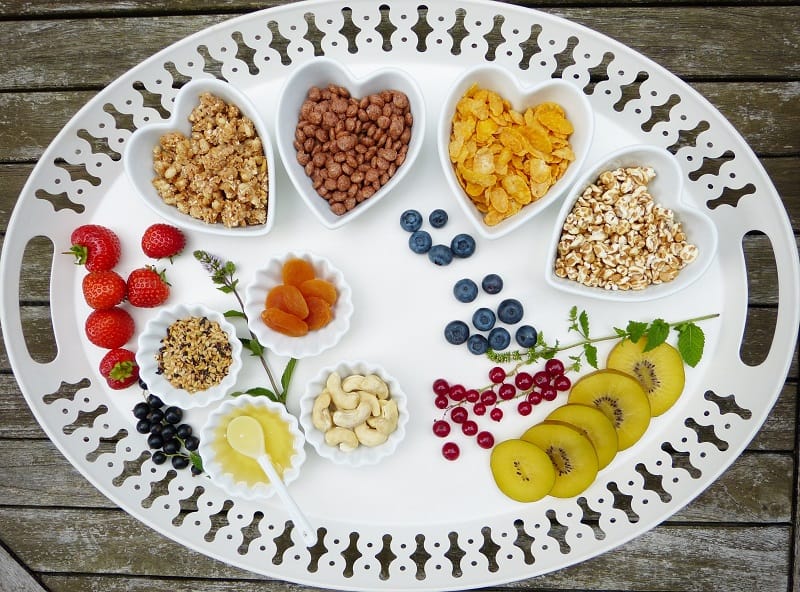
4. Eggs are part of a balanced healthy diet
FALSE! Eggs are another example where industry marketing campaigns have lead people to believe that eggs are some kind of “health food”. This animal product has again, helped our species survive during long winters and late harvests. It is no longer necessary to be consumed regularly when we have better alternatives at our fingertips.
Healthier alternatives are not difficult to come by for most people who can obtain their daily nutrients by simply walking to their local market or grocery store. We are much better off consuming foods that do not contain such high levels of cholesterol, sulfur, saturated fat, and choline. All of which promote disease.
Some excellent plant-based alternatives for breakfast foods include oatmeal, whole-grain pancakes or cereals, smoothies, and fresh fruit with granola.
5. We need to consume fish for omega-3 fats
FALSE! Fish do not inherently produce omega-3s. They actually obtain it from sea plants such as algae. By obtaining your omega-3s from plants instead of fish you will not be ingesting the harmful contaminants acquired by marine animals, such as mercury, cholesterol, and saturated fat.
You will also be gaining the other benefits that come from eating plants such as phytochemicals, fiber, antioxidants, vitamins, and uncontaminated minerals. Some great plant sources of omega-3s are:
- flax seeds
- hemp seeds
- chia seeds
- Brussel sprouts
- walnuts
- seaweed
- algae
- edamame
- kidney beans
- soybeans
6. We should not eat beans because they contain lectins
FALSE! Lectins are a family of proteins found in almost all foods, especially legumes and grains. In small amounts, lectins provide health benefits. When consumed in large amounts, however, they can be harmful and cause you to feel quite ill.
Dried beans have a high amount of lectins. The lectins, however, are virtually removed during the soaking and cooking process, however. There is no population that intentionally eats dried beans, so there is no concern for the need to remove lectin-containing foods from your diet.
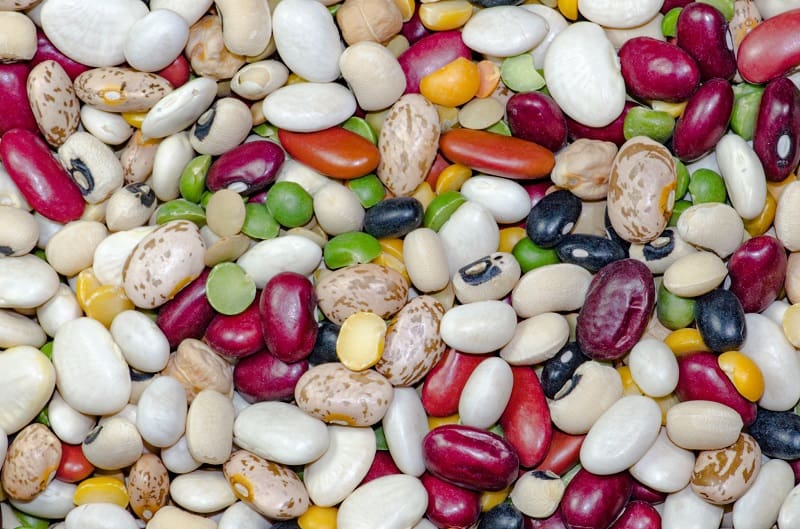
7. Plant-based, vegan diets are unsustainable because they require B12 supplementation
FALSE! It is true that vegans, as well as meat-eaters, do not get sufficient amounts of vitamin B12 from their diets alone. This is due to our modern sanitation systems and hygienic practices. BUT, that does not entail that the diet is unsustainable. Our modern practices have simply forced us to obtain our B12 from a supplemented form.
Vitamin B12 is made by microorganisms found in the soil. Years ago we would get all the B12 we needed from drinking out of streams and eating unwashed fruits and vegetables. Today, however, it is necessary to supplement with B12 in the form of cyanocobalamin or methylcobalamin 50 mcg per day or 1,000 mcg per week.
8. Children can not be raised safely without animal products
FALSE! This is an unfortunate misconception as animal products can hinder aspects of childhood development in areas such as cognitive and behavioral maturity. There are many components in animal products that have dangerous implications for children such as IGF1 (Insulin-Like Growth Factor 1). IGF-1 has been shown to promote the growth, proliferation, and spread of cancer cells, and elevated IGF-1 levels are linked to increased risk of several cancers.
There are also harmful amounts of heme-iron, saturated fat, trans fat, and cholesterol in animal products that may cause a number of issues for your growing child, especially during the first two years of life.
Green vegetables hold more nutrients per calorie than any other food, while animal foods are incredibly lacking. By feeding kids foods like cheese, hamburgers, and fish sticks they are missing opportunities to ingest high nutrient foods like fruits and vegetables.
“Without an adequate amount of plant-derived nutrients, especially early in life, immune system dysfunction develops. This reduced immune system functionality occurs as a result of nutritional inadequacies, which may result in frequent infections, allergies, and eventually cancer.”
Dr. Joel Fuhrman
Many generations of vegan children have grown up healthy with robust immune systems, strong bones, and vibrant minds.
My daughter is turning one year old this month. She has been consuming a plant-based, vegan diet in conjunction with breastmilk from her plant-based, vegan mother for the past six months. She has had one ear infection that resolved on its own within a few days. Beyond that one instance, she has not suffered any other severe illnesses, nor allergies.
More and more pediatricians are beginning to recognize the benefits of raising kids on healthy vegan diets. Talk to your family doctor about your concerns or hesitations with feeding your child this way. Hopefully, they are up-to-date on their research to be able to put your fears to rest.
“Eating plant-based during pregnancy, as well as feeding your child a plant-based diet is the single healthiest thing you can do for them.”
Dr. Neal Barnard
Feel free to visit my article titled A Full Guide to Safely Raising a Plant-based or Vegan Baby, Considering a Gluten-free Plant-based Diet for Your Baby? and Top 15 Plant-based Gluten-free Foods for Baby-led Weaning to help you get started providing your baby with plant-based nutrition.
9. Plants alone can not provide adequate protein
FALSE! Plant protein not only provides more benefits than animal protein given their phytochemical, antioxidant, micronutrient and fiber-rich profile, but they also save you from the harmful side effects of consuming animal protein. For instance, plant protein does not come with the inflammatory response triggered by animal products.
Plant proteins are also obtained without the cholesterol, saturated fat, and hormone disruptors included with animal proteins. Some great plant-based protein sources are the following:
- lentils
- chia seeds
- almonds
- peanuts
- hemp seeds
- quinoa
- oats
- broccoli
- nutritional yeast
- soybeans
- kidney beans
- navy beans
- chickpeas
- rice
- potatoes
- dark leafy green veggies
For more information on plant-based protein visit an earlier article I wrote titled Can Vegans get Enough Protein from Their Diet? How to Tell.

10. A plant-based diet is restrictive, bland or boring
FALSE! Most people who transition to a plant-based diet actually feel a meat-eating diet is more restrictive because every meal is centered around a slab of meat of some sort. Instead of narrowing your main course to animal products alone, you have the opportunity to make a dish based on a wide variety of options.
Some examples include potatoes, rice, lentils, beans, squashes, vegetables, quinoa, oats, sweet potatoes, amaranth, teff, and many other whole-grain options.
The diet is also far from bland. Your taste buds are actually more sensitive on a plant-based diet picking up on all the subtle little flavors found in natural whole plant foods. There are also a plethora of herbs and spices to add to your meals to provide extra seasoning.
I like to put pumpkin pie spice in my morning oatmeal and curry or cumin on steamed veggies. Nutritional yeast is also a popular vegan seasoning that adds a cheesy flavor to your dishes.
Lastly, a plant-based diet is far from boring. I have been on this diet for five years and I am still coming across new items each time I visit the grocery store.
Be open-minded. Try everything even if you used to hate it. Try the item again once you have been eating whole natural foods for a month or so. You may be pleasantly surprised by the inherent flavors in normally “bland” foods such as rice or potatoes.
There are also so many plant-based cuisines throughout the world. You could have a different one for each day of the week. Mexican, Thai, Japanese, Indian, Middle-Eastern, Italian, South American, etc.
11. A plant-based diet is expensive
FALSE! The cheapest items at the grocery store are typical staples found on a plant-based diet. Beans, rice, squash, potatoes, and whole grains can provide the bulk of your calories year after year for minimal cost.
Animal foods tend to be the priciest items in the local market. Cheese, meat, fish, eggs, and milk are not only far more expensive than the plant items listed above but they are also subsidized by the government. Which means you are basically paying for them twice: Once in the grocery store, and once on your taxes every year.
Therefore, animal products are even more expensive than their price tags suggest.
The other factor most people forget to include in their monthly budget is the inevitable medical costs that come with eating a diet high in animal foods. Plants, on the other hand, have the opposite effect. These foods tend to keep you out of the doctor’s office while allowing you to keep your money in the bank.
For more information on the cost of a plant-based diet or ways to save money on this diet you may want to read the following articles: Is Eating a Plant-based Diet More Expensive? & 40 Clever Ways to Save Money on a Plant-based Diet.

12. It is impossible to dine out on a PBD
FALSE! Dining out as a plant-based vegan, or any other variety of diet has become easier than you might think. Restaurants and even fast-food joints are trying to accommodate the demands of their plant-based customers.
Many places will have vegan substitutions available for those interested. You can always call ahead if you want the guarantee prior to committing to a particular restaurant.
If you are eating SOS-free (salt, sugar, & oil), you will just have to accept the fact that any time you eat outside of your home you will most likely be consuming salt, sugar, and oil.
I dine out as little as humanly possible. The food just doesn’t taste right after consuming whole plant foods long enough. The items are typically over-cooked, have been sitting under heat lamps for extended periods, and tend to be loaded with salt, sugar, and oil.
I tend to eat prior to dining out so I won’t be tempted to overindulge on heavy calorie-dense restaurant food. My family has gotten used to it, and now they embrace it. And within time, your family will learn to accept your decisions to improve your health also.
13. You will always be hungry on a PBD
FALSE! I was ALWAYS hungry on the standard American diet. This may be for a number of reasons:
- Processed foods and animal products do not contain fiber. Fiber is essential for creating a feeling of fullness in the stomach. It also helps to keep you feeling fuller longer.
- Processed foods and animal products do not contain much (if any) water. Foods packed naturally with water have been shown to produce higher rates of satiety (feelings of fullness) than those that do not. Simply drinking water with your meals does not have the same impact. The water needs to be walled off so-to-speak within the food itself.
- Processed foods and animal products are severely lacking in nutrients. Your body is highly sophisticated with respect to measuring your body’s nutrient requirements. If you are lacking in a given nutrient you will likely experience the resulting huger pains until these nutrients are acquired.
- Engineered foods also have addictive qualities that make you crave them even if you truly aren’t hungry. Unfortunately, these cravings can be confused with the true sensations of hunger.
- Artificially rich processed foods like cake, crackers, candy, cereal, and chocolate are high in calorie-density, as is the same with animal products. Therefore, it’s unwise to eat large quantities of these foods because they will inevitably lead to weight gain, diabetes, obesity, hypertension, and cardiovascular disease. If you are unable to consume the necessary amount of food to fill your stomach due to overly rich food sources, you will inevitably remain hungry.
When consuming a diet that consists of whole plant foods, you can eat until you are full every time. This is due to the low calorie-density characteristic of these foods.
You will never go hungry on a plant-based diet because you can eat until your body sends you the proper signals telling you you have had enough. This is unlike overly rich processed and animal foods that will fill only a small amount of your stomach. When the same amount of calories from plant foods will fill you to the brim.
The diagram below is an excellent depiction of this comparison. It is complementary of the Forks Over Knives folks.
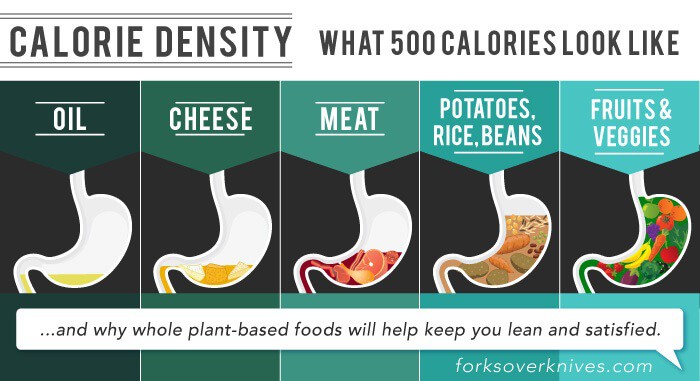
14. All vegans eat a healthy diet
FALSE! The term “vegan” typically refers to someone who has decided to stop eating animals and their products due to moral, ethical, economical, or environmental reasons. These individuals are typically not transitioning to this diet for its health implications.
Therefore, many vegans eat a vegan junk-food diet. This diet consists of an array of meat and dairy substitutes, such as hotdogs, cheese, and sausage made of soy derivatives. There are also vegan cupcakes, pastries, brownies, muffins, cookies, and ice cream substitutes that have just as much, if not more “junk” in them as the standard American fare.
Other vegans who may be consuming this diet for health implications will likely stick to the whole plants and steer clear of the vegan processed goodies.
I highly recommend shooting for the whole plant food vegan vs the junk food vegan!
Karli Jackson
